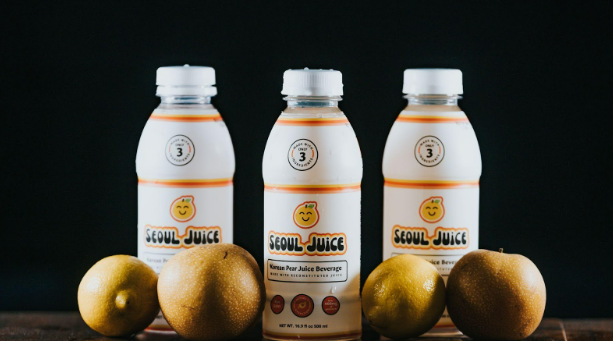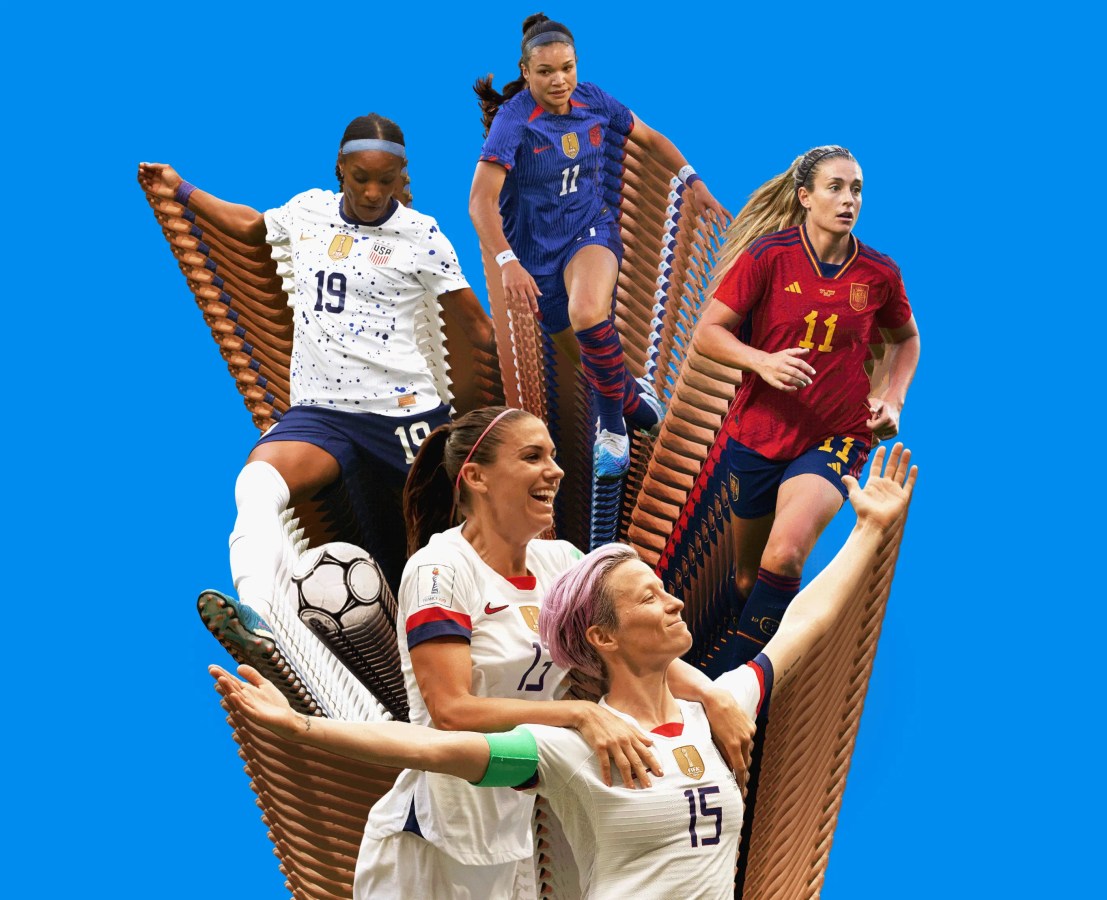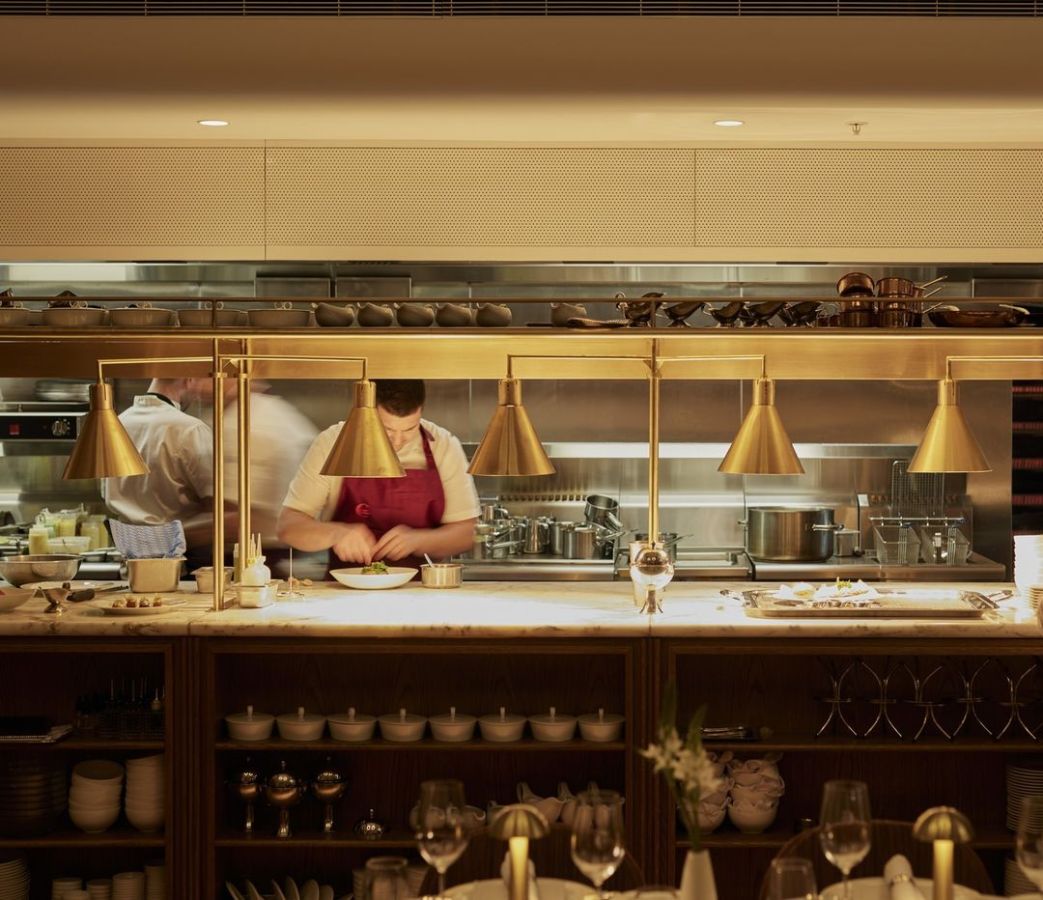The first container of Bae’s hangover prevention juice is crossing the ocean bound for New York after a $500,000 injection from Honan Capital allowed the start-up to launch its overseas ambitions.
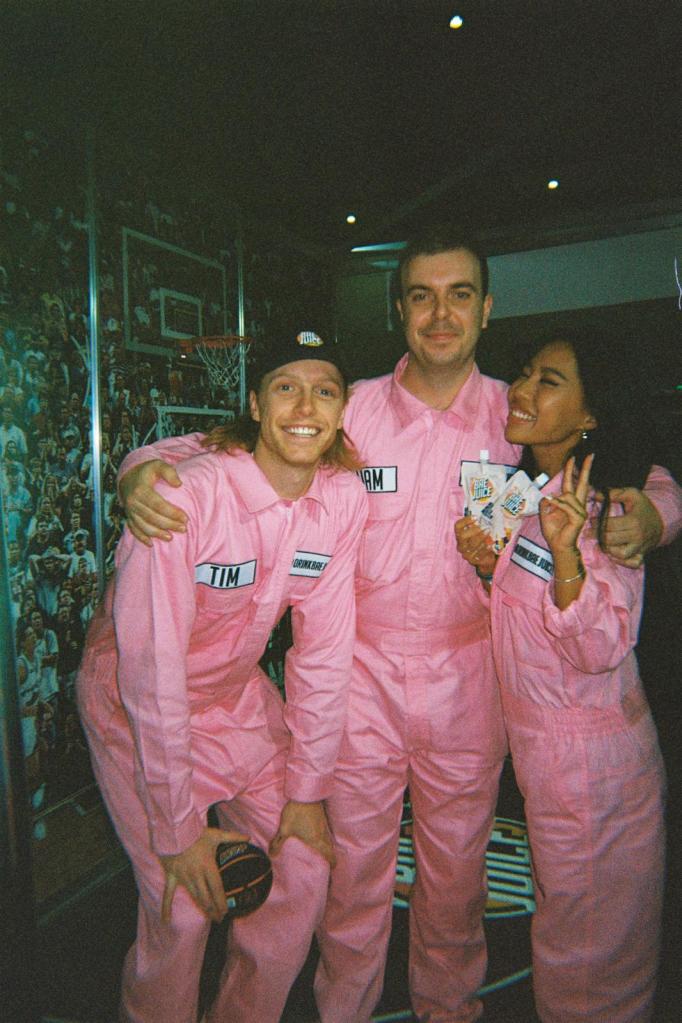
Sumin Do took the boyfriend she’d met on Tinder, Tim O’Sullivan, back home to South Korea for the local version of Thanksgiving, Chuseok, in 2018. Well briefed, O’Sullivan bowed twice at her tiny grandmother’s feet, receiving rapturous applause from Do’s extended family.
And so began a fortnight of feasting, drinking and sleeping as the new couple caught up with all Do’s family and friends … paying the painful price of overindulgence each morning. Until late one night, between venues, they stopped at a convenience store. “And I grab a beer from the fridge,” recalls O’Sullivan, “and turn around, and everyone’s drinking this nice, clean, normal fruit juice. I thought it was extremely strange. ‘Why are you guys drinking pear juice?’ ‘It’s a hangover cure, obviously. Don’t you have this in Australia?’”
The juice of the Korean pear was not marketed as an alcohol antidote in Korea, but as far as O’Sullivan could tell, it was a folk wisdom passed down the generations. “So I did some research the next day sitting in a restaurant and saw that the CSIRO had an article talking about how there was an enzyme in the Korean pear called dihydromyricetin – or DHM.”
It turned out the DHM acted on key enzymes involved in alcohol metabolism, alcohol dehydrogenase (ADH) and aldehyde dehydrogenase (ALDH), to speed up alcohol metabolism and inhibit alcohol absorption. Crucially, the CSIRO’s review found that the toxic and carcinogenic metabolite thought to be most responsible for morning-after regret, acetaldehyde, was reduced by Korean pear consumption and not by placebo.
“So I then read a study from Seoul University with placebo testing … and the hangover severity was far less. At the ripe age of 23, I’d had a good five years of serious drinking under my belt thinking what can I do to start freshening up? Coming from a big Irish-Catholic family with 55 first cousins who are all big drinkers, I thought wouldn’t this be amazing in the Australian market.”
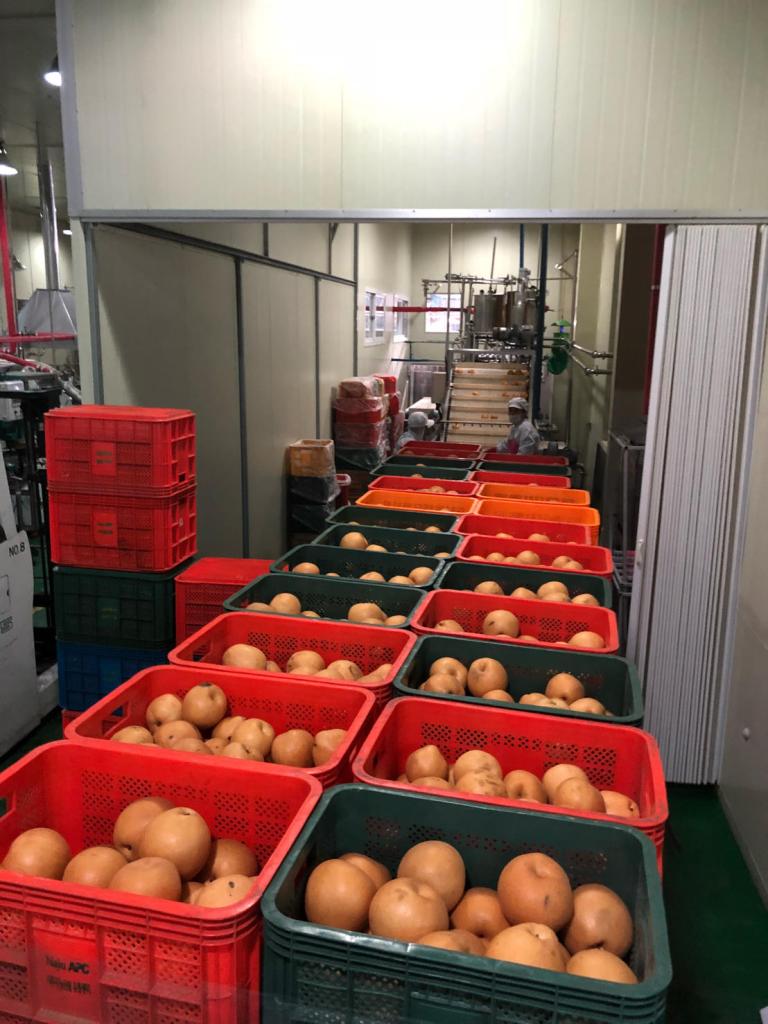
O’Sullivan became obsessed by the juice. He pushed the edge of the envelope for the rest of the trip, and became convinced of the pear’s efficacy.
Returning to Melbourne, he was quick to tell his best mate, Liam Gostencnik, of his find. They’d been friends since Xavier College where they were the only two kids in their year from Moonee Ponds. “Tim and I were not really fit for the cookie-cutter life,” says Gostencnik. “Tim didn’t go to uni at all, and I lasted two days before I deferred. We’d brainstormed different business ideas and they just never really got off the ground. We’d set up in a spare room at Tim’s house and go to Kmart and buy all these fancy whiteboards, and be like, ‘Right the office is set up. Let’s go get a beer.’”
Gostencnik was working in commercial real estate and O’Sullivan was working at his family’s café, Benny and Me, in Essendon. They found some of the juice at a Korean supermarket and bought a case. O’Sullivan started giving it to café customers on a Friday morning. “Try this tonight and tell us how you pull up.”
The results were positive and so Gostencnik, Do and O’Sullivan decided to have a crack at finding a producer in Korea.
With Do handling the liaison, they eventually found a manufacturer, APC, and arranged a meeting in Naju, the home of Korean pear production. “Me, Sumin and her dad sat in a huge boardroom,” recalls O’Sullivan. “They were all short-back-and-sides and suits. I’m in linen shorts with tatts all over my legs. Sumin had piercings in her nose and all up her ears.” They tried to impress the Koreans with statistics on how much booze Australians drank every year, how many bottleshops there were. How fashionable pressed juices were at that time in 2019.
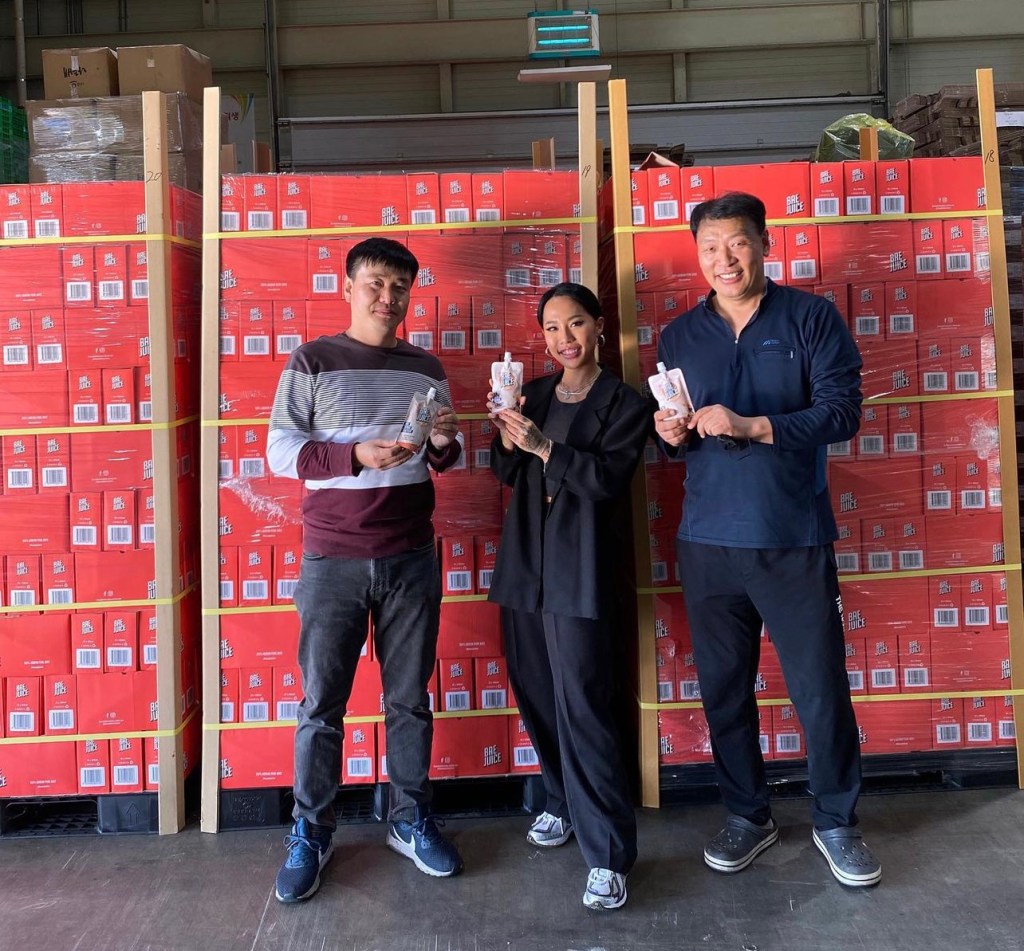
The general manager was sufficiently impressed to give them hair nets and take them on a tour of the plant. At the end, he confided that he wished he’d done something like this when he was their age rather than take a corporate job. He told them to go set up a website and get things ready and he’d give whatever support he could.
They wanted cans or glass vessels, but the manufacturer only did soft sachets. So they settled for that, before realising it was a great point of difference. And the sachets gave them an 18-month use-by date with no need for refrigeration.
The Korean word for pear is bae, pronounced “bear”, which had the happy coincidence of being a trending acronym in the English-speaking world meaning Before Anyone Else. So they called their juice that, and slapped on their first slogan, “wellness after badness”. Do’s father funded the first 20-foot container, and they were away.
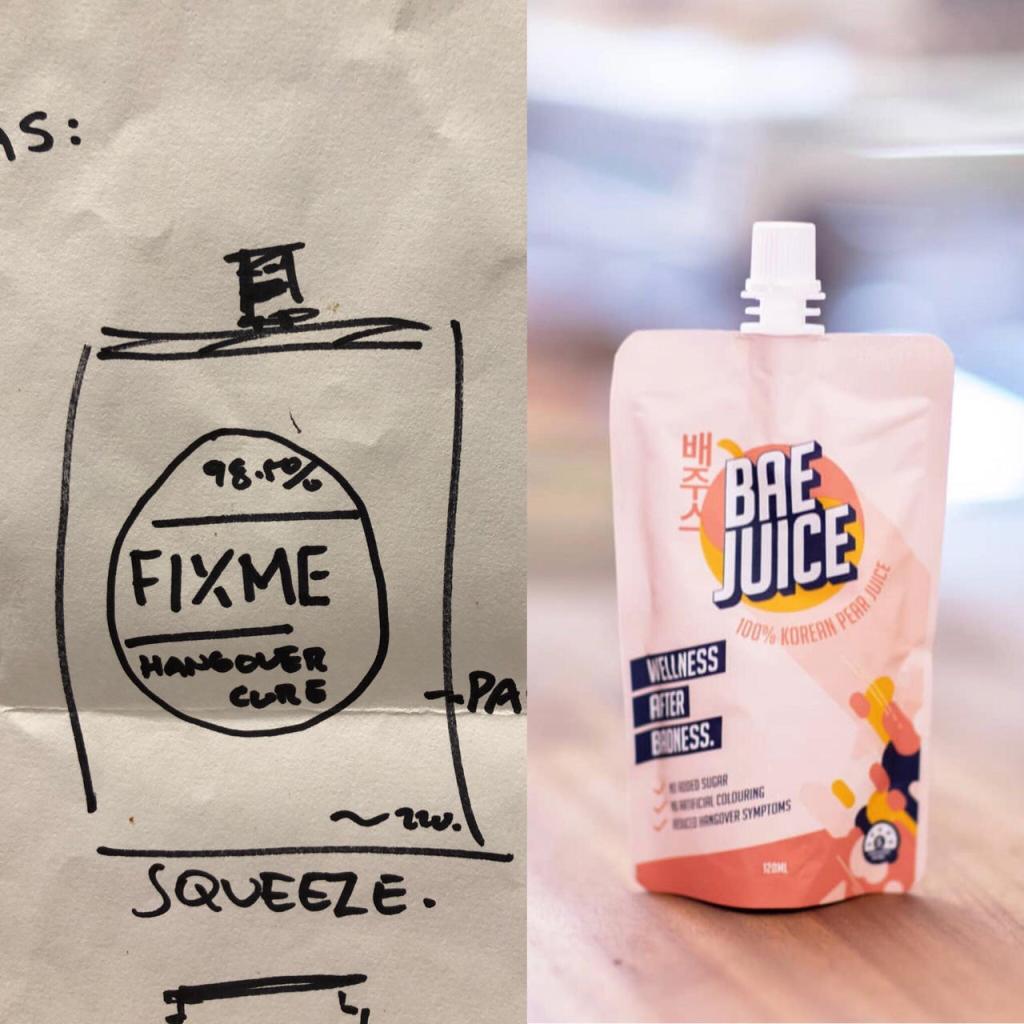
When it arrived, they squeezed the boxes into a Kennards storage unit and proceeded to give the stuff away at every opportunity, trying to “look really, really busy from day one”, getting it into the hands of influencers, friends, getting it shared. They filled Gostencnik’s mum’s Corolla to the roof and offered to drive samples to anyone in Melbourne who asked. “If you message us, we’ll give you a sample box.”
It took 14 months to clear the first container load, mostly to small retailers and IGAs. But much of it had been given away. They were all still pulling shifts at Benny and Me for beer money.
With help from consultants Thrive Collective, they got into a few Dan Murphy’s, then Woolworths in October 2020, suddenly jumping from 70 stores to 1000 overnight. Do got straight on the phone to APC in Naju, recalls O’Sullivan. “They knew Woolworths very well. People from Asia try to get their products in there all the time. We told them we’d landed this 1000-store deal and everything we’d been working for was coming together. ‘The thing is, we can’t afford a whole new container for the order.’ We’d invested it all in marketing and sampling.”
APC offered to send a container on consignment. “This is how we still own three quarters of the business between the three of us,” says O’Sullivan. “If it wasn’t for that, we would have had to cough up half the business for a couple of hundred grand.”
A container costs them about $25,000 plus half as much again for shipping. In their favour was a free-trade agreement with Korea, and no GST in Australia because the product was more than 100% juice.
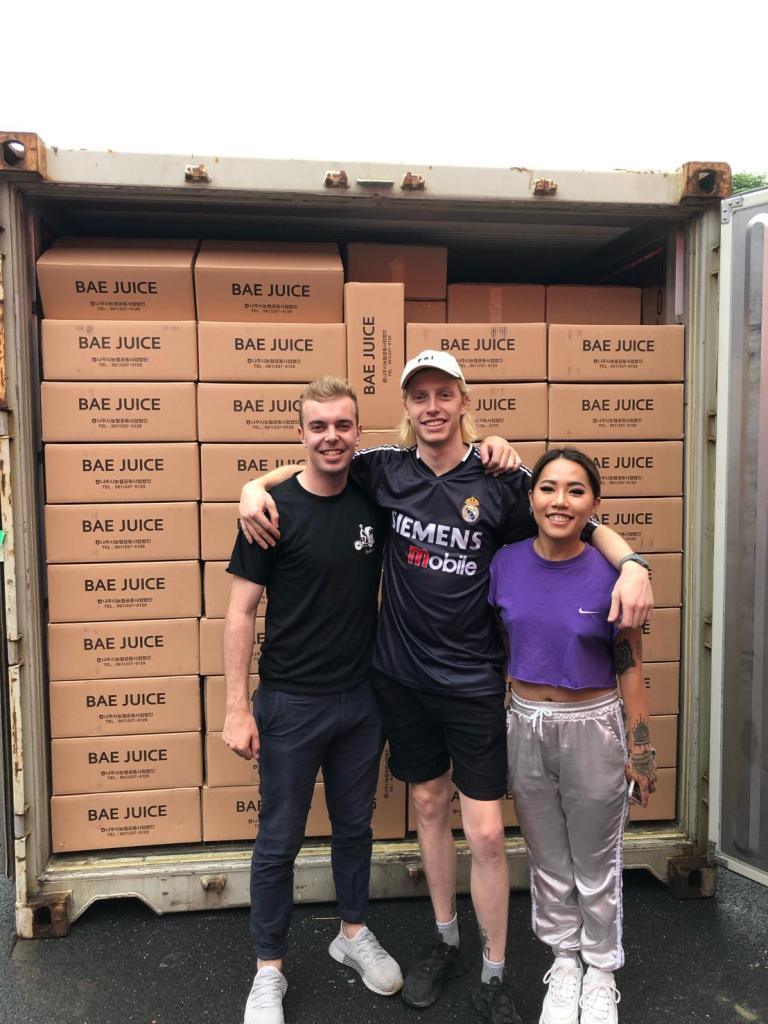
They continued to grow. O’Sullivan and Do had broken up as a couple but continued as business partners. By 2022, they wanted to expand to the US. They still weren’t paying themselves a wage. They needed money. A tech-start-up friend introduced them to Will Honan from Melbourne’s Honan clan’s family office, Honan Capital – recently cashed up from the partial sale of their Honan Insurance Group to American private equity firm TA Associates.
“Instead of going through the whole process of investors and VCs and dangling the carrot, Liam and I just built a great relationship with Will,” says O’Sullivan. “He’s like us. He loves his footy, he’s a ripping bloke. We went and had some beers and we thought, ‘let’s just be transparent: we need some cash; we want to expand next year; we’ve got new product ideas; here are the finances; what do you reckon?’”
Honan joined the board and raised half a million dollars at a $5-million valuation. It allowed the founders to go to the US. It took nine months to set up a corporate entity in Delaware, engage marketers, a distribution firm, and employ a local general manager. The first container is enroute from South Korea to New York and due to land in August.
Bae is preparing to open a new funding round at an increased valuation to pay for further US expansion.
“We’re on track to do more than $3 million in revenue this year, double our revenue from the previous financial year,” says Gostencnik.
“We’re going to throw the kitchen sink at America so who knows where it could go from here.”
LIam Gostencnik, co-founder Bae
“There’s a bit more awareness of hangover prevention products in the US which might give us a leg up. Here, it involved a lot of education with the blasé attitude of Aussies to hangovers – it’s an old friend coming to visit.”’ There’s a bit more awareness of hangover prevention products in the US which might give us a leg up. Here, it involved a lot of education with the blasé attitude of Aussies to hangovers – it’s an old friend coming to visit.”
Korean pear is available in the US, but it’s not marketed as a hangover cure. In Australia, a rival hangover-cure nashi-pear juice, Prepear: No Rough Mornings fell by the wayside in 2021. Another, Dodge, came on the market a year ago with Korean-pear juice as its main ingredient, but another component, vine tea extract, gave it the majority of its DHM content. It also has complementary additions like ginger to reduce nausea, red ginseng to counter inflammation, milk thistle to protect the liver and B vitamins. It has positioned itself as being the product to use like a late-night kebab – the last drink of the night.
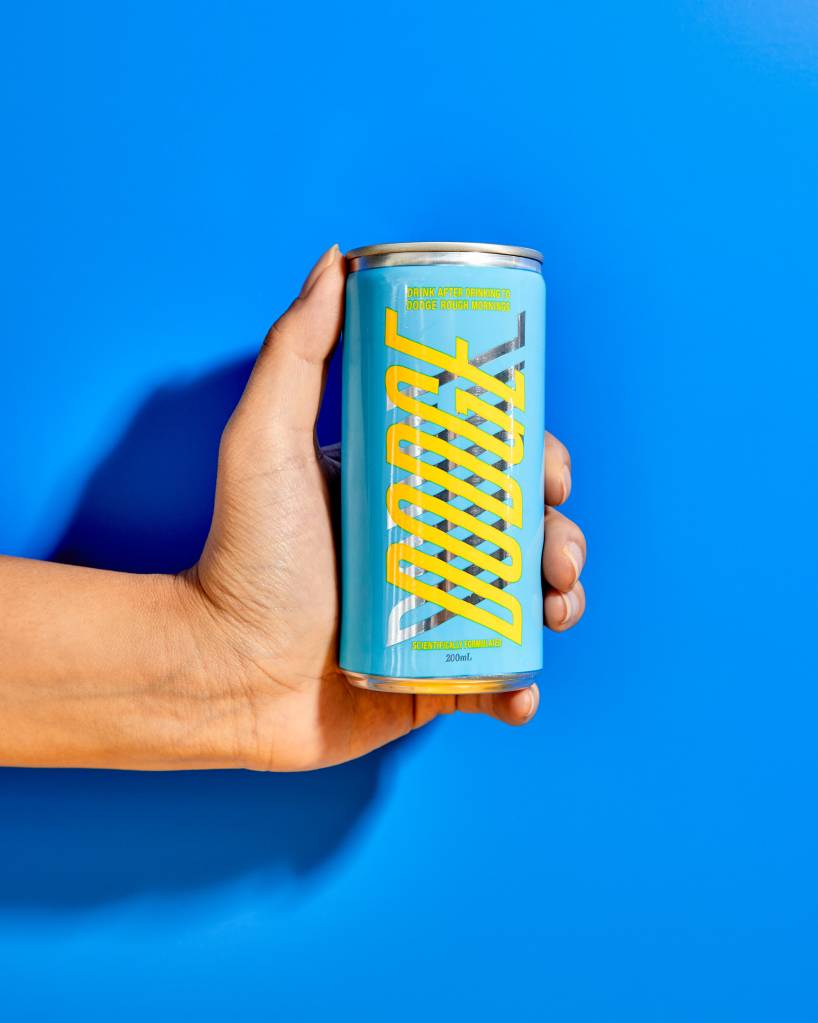
With research backing from Monash University’s Food Innovation Centre, Dodge is claiming a higher DHM content than Bae. Co-founder Alec Balcombe told Forbes that Dodge guarantees a minimum 150mg of DHM per can. While it already has its toe in the water in bottleshops nationwide, it had raised $400,000 to test market a larger onslaught in Tasmania. It is “a third of the way into” raising $1.5 million to take that marketing onslaught national.
Bae has now added BWS bottleshops to its roster and claims to be closing in on 4000 stores in Australia. “Mind you, up until the start of this year we hadn’t taken a salary form the business,” says Gostencnik. “Any human will get to a stage where, as passionate as they are about something, if it’s not paying the bills, it’s not going to work.”
